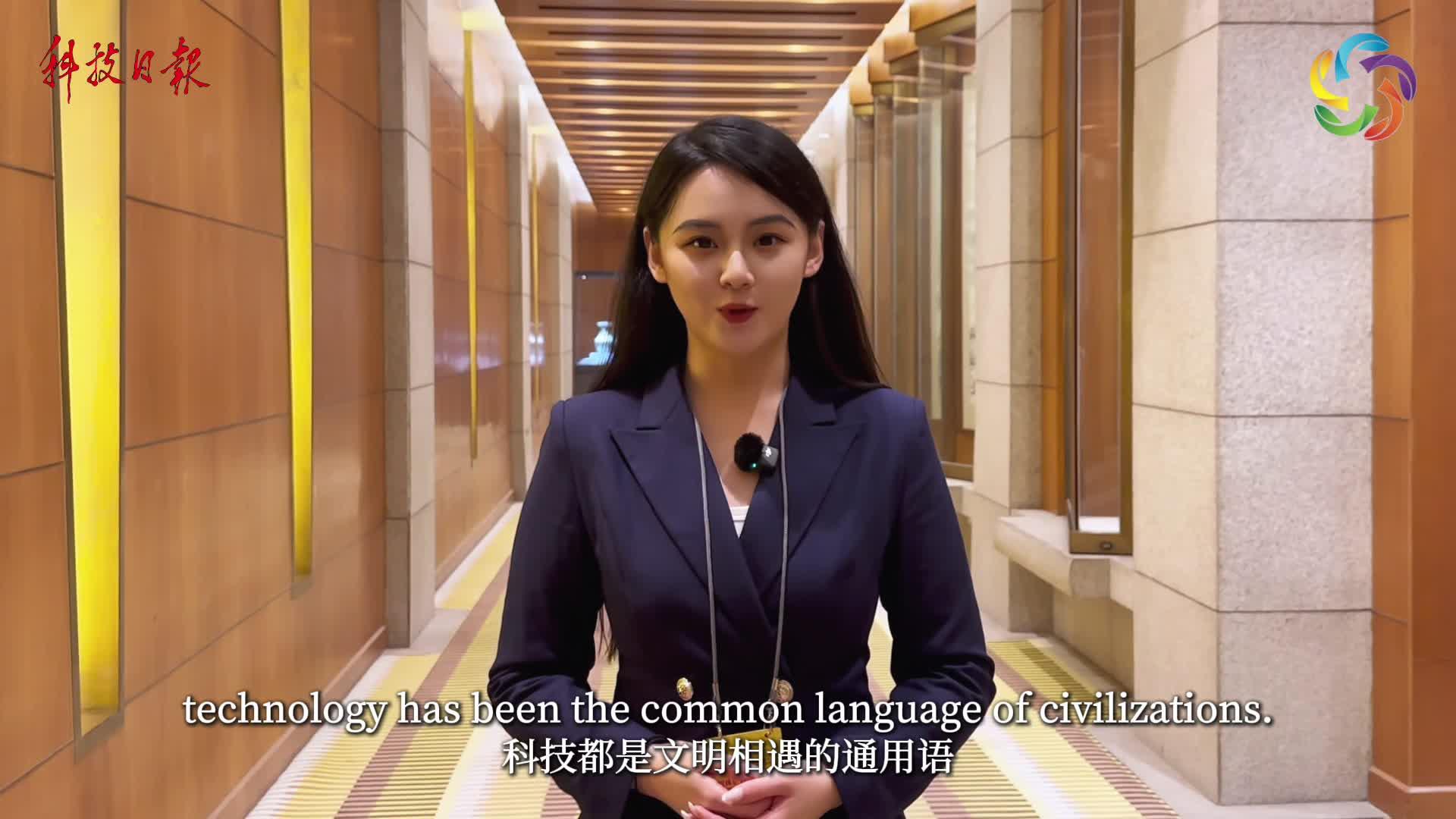China's Lunar Sample Sharing Boosts Collaboration
On April 24, observed as Space Day in China, the Chinese authorities announced that seven institutions from six countries, including two NASA-funded U.S. universities, would be given access to samples from the moon collected by the Chang'e-5 mission.
This is being widely praised by the science community, who say that China's sharing of its lunar samples not only reflects its openness on space exploration but also highlights the importance and value of global collaboration in scientific research.
With its open competitive process for providing access to the samples, "China is setting a very positive example for scientific cooperation," Frédéric Moynier, a cosmochemist at the Paris Institute of Planetary Physics, who was given a portion of the lunar samples, told Science magazine.
The decision demonstrates China's commitment to international cooperation in space once again. China's lunar missions have already carried international payloads to conduct scientific research. For example, the Chang'e-6 robotic probe carried four such payloads in 2024. They included a Pakistani CubeSat satellite that was successfully sent into the lunar orbit, capturing images of the moon and sun and collecting magnetic field data.
The Chang'e-7 mission, scheduled for launch next year, will have six international payloads, while the Chang'e-8 mission, slated for 2028, will include 10 scientific payloads and offer 200 kg of payload capacity for interested countries.
The pragmatic actions reflect China's increasingly proactive and open approach to international space exchange and cooperation. As Science magazine commented, "Sharing the samples takes China's embrace of international cooperation in space science to a new level."
How has China been able to share opportunities with the international community? "This is because of the increase in our nation's overall strength and consequent rise in self-confidence," Wu Weiren, chief designer of China's lunar exploration program, told Reuters.
On the other hand, sharing the lunar samples will enhance the understanding of the moon's formation and evolution, while forging stronger international scientific partnerships by bringing together diverse perspectives and technologies.
It is great to see this important milestone in the scientific cooperation between Europe and China, said Dr James Carpenter, head of the European Space Agency's Lunar Science Office. The Chang'e-5 lunar samples provide a unique window into the history of the solar system, Carpenter added. Chinese researchers, collaborating with foreign researchers, have already analyzed the moon samples collected by Chang'e-5 and produced groundbreaking findings.
Now with increased international collaboration, it is expected that the future discoveries will help fill the gaps in human understanding of the moon's geology.
For example, Professor Mahesh Anand and his team at the Open University in the UK plan to evaluate the giant-impact origin of the moon. Timothy Glotch, a planetary scientist at Stony Brook University in the U.S., will focus on collecting infrared spectra and studying space weathering. Undoubtedly, their research will unveil more mysteries of the moon.
In this context, it is worth noting that due to the Wolf Amendment, which prevents U.S. government funds from being used in direct and bilateral cooperation with the Chinese government, Professor Glotch and his team will be doing their research using non-NASA funding, with his institution providing the necessary financial support.
China remains committed to an open space diplomacy policy. The lunar samples are a shared treasure for all humanity. China expects them to help scientists around the world make more pathbreaking discoveries, expand human knowledge, and benefit entire humanity.







